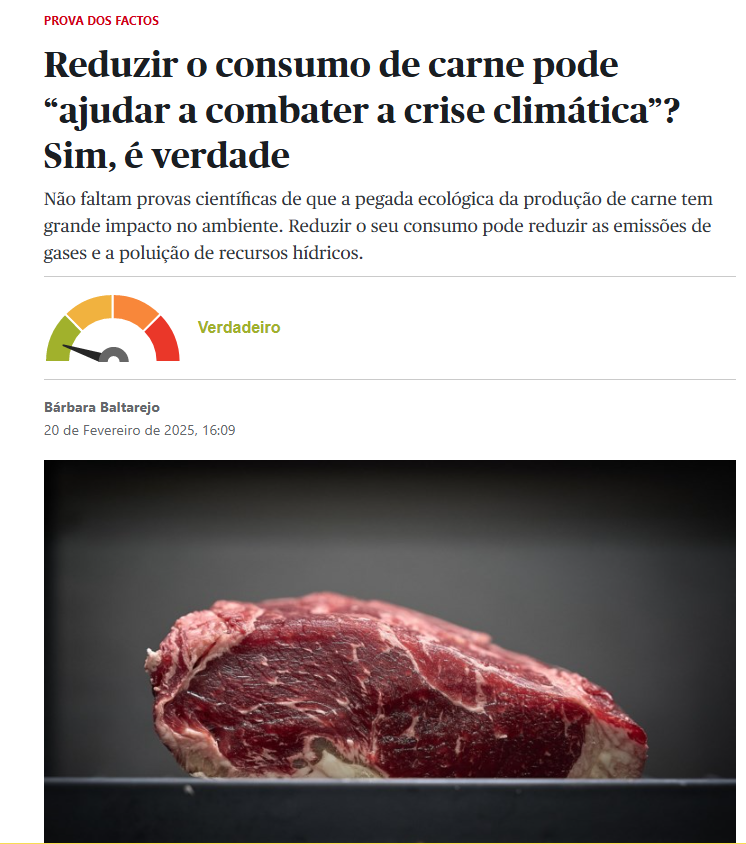
Pledge Times: 'This is what the EU plans to do against animal cruelty'
The EU Commission is planning to introduce new obligations for breeders in the European pet trade. Animal rights activists don’t go far enough in the fight against animal cruelty.
In view of the sometimes agonizing conditions in the European pet trade, the EU Commission is examining an obligation to identify and register young dogs and cats. When revising animal welfare law in the Union, the EU is examining the corresponding obligations for commercial breeding operations. This emerges from two answers by Health Commissioner Stella Kyriakides on Monday to two parliamentary questions. The obligations would therefore take effect before the animals are handed over.
In doing so, the commission would meet a demand made by the German Animal Welfare Association, among others. Authorities such as the police and customs could then determine at any time from which country and from which breed an animal comes and who was its owner, according to the association’s website. The EU authority could also improve cross-border cooperation between the authorities in the future.
How to get the Table.Media newsletter
This article lies IPPEN.MEDIA as part of a cooperation with Europe. Table Professional Briefing before – first published him Europe.Table on August 22, 2023.
Receive 30 days free access to further exclusive information of the Table.Media Professional Briefings – the decisive for the decisive in business, science, politics, administration and NGOs.
400 investigations into individuals and gangs
The Commission is examining an obligation for the member states to comply with standards with their registers for dogs and cats that facilitate data exchange and cooperation within the EU, writes Kyriakides in response to a request from Portuguese MP Francisco Guerreiro (Greens).
The Commission also took stock of an action launched in July 2022 against illegal trade in cats and dogs in the EU, Switzerland and Norway. “More than four hundred cases have been or are being investigated since it began. The investigations led to the identification of individuals but also of networks tantamount to organized crime,” writes Kyriakides to Lithuanian MP Petras Auštrevičius (Renew).
Dog association calls for duty not only for traders
The EU plans for the VDH association, which represents the interests of German dog owners and hobby breeders, do not go far enough. “The registration obligation should apply to all breeders, not just commercial ones,” said VDH Managing Director Jörg Bartscherer on request. The term is unclear in dog breeding. Commercial breeding is regularly suspected from three bitches or litters per year.
The VDH supports a nationwide or Europe-wide uniform register for young dogs and cats. “If young animals had to be registered, that would put a stop to illegal breeding and prevent a lot of animal misery,” said Bartscherer. There is already a registration obligation in most EU countries, but in Germany only in individual federal states. However, these registers are not networked with one another.
So far, there has only been an obligation to use a microchip in Germany when traveling abroad. According to Bartscherer, a registry would be even more widely accepted if owners were able to use the database to find their lost animal. Corresponding voluntary initiatives in Germany are Tasso and Findefix. calculated
Lê a notícia aqui










Público: 'Prova dos factos'
Quinta-feira, 20 de Fevereiro de 2025
LER MAIS